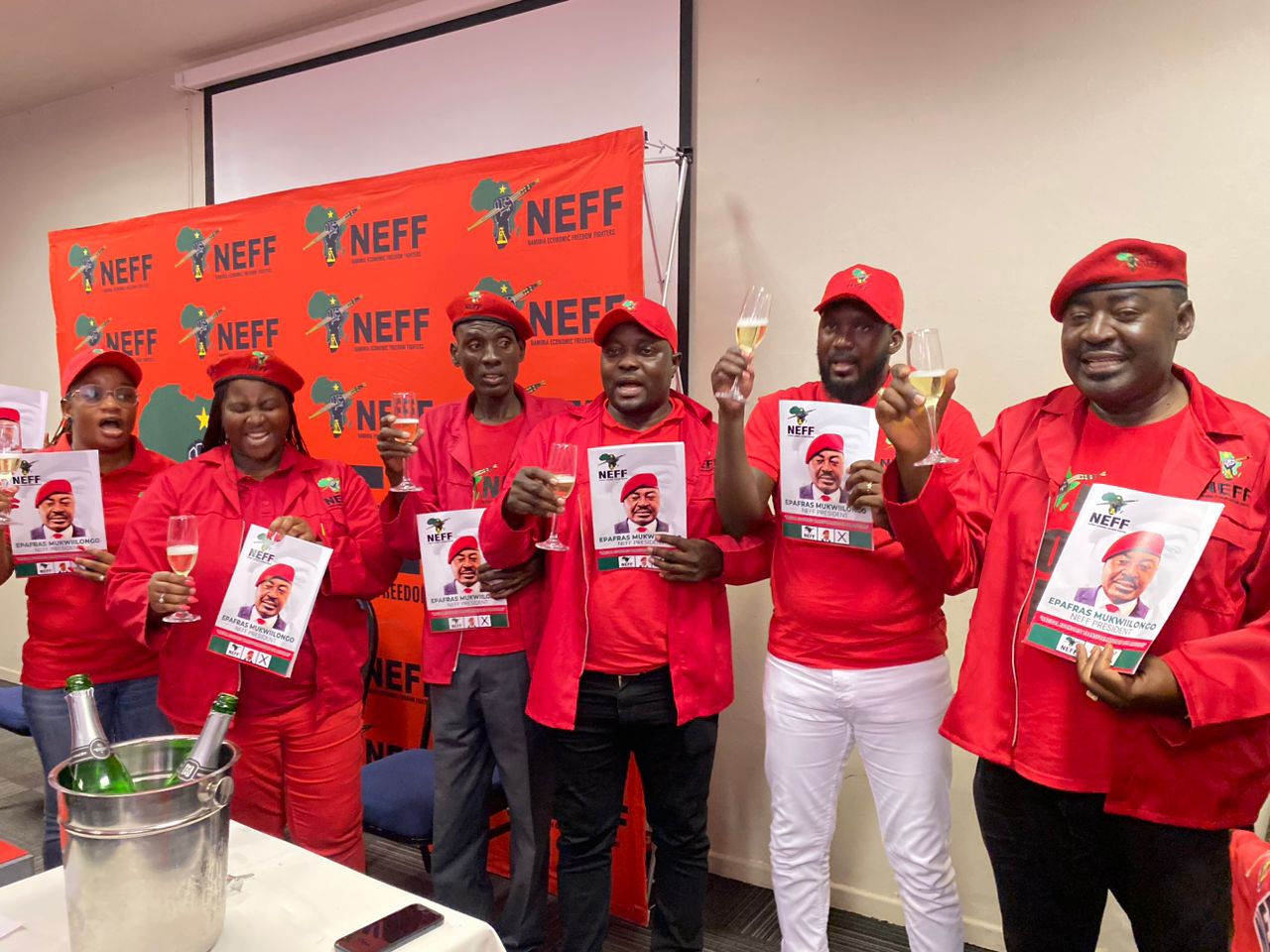Namibia should undertake a series of critical measures to ensure transparency and good governance in its emergent oil and gas industry.
There is a need for robust frameworks to prevent corruption, promote accountability, and position the sector as a transformative force for the national economy.
– Enhance Transparency Frameworks: Namibia should move quickly to enhance transparency by joining the Extractive Industries Transparency Initiative (EITI).
This step would complete a significant governance milestone in the Harambee Prosperity Plan II and align with the African Peer Review Mechanism (APRM) Programme of Action for Namibia, which president Nangolo Mbumba launched in March this year.
Adopting the EITI Standard will be key to establishing a strong foundation of accountability, essential for effectively managing the influx of resources and investments in the sector.
– Implement the Access to Information Act: A key component of this transparency effort is the implementation of the Access to Information Act.
This legislation, which mandates the pro-active publication of all government licences, contracts, and permits, is in line with the EITI Standard and reflects global best practices in open contracting.
By making such information publicly accessible, Namibia can significantly reduce the risk of corruption and ensure that the benefits of its natural resources are shared equitably.
– Legislate for the Sovereign Wealth Fund: The draft legislation governing Namibia’s sovereign wealth fund should be tabled in parliament as soon as possible.
The Welwitschia Fund set up in 2022 still requires appropriate oversight to ensure that the wealth generated from the oil and gas sector is managed prudently and transparently for the benefit of future generations.
– Prevent Corruption in the Sector: One of the most pressing concerns is the need to keep corrupt actors – whether foreign or Namibian – out of the oil and gas sector.
Given the industry’s potential to generate significant revenue, it is vital that stringent safeguards are applied to prevent the kind of corruption that has plagued other resource-rich nations.
The Ministry of Mines and Energy should be very careful about who it uses as advisors as some of these people are known bad actors who have been involved in corruption and anti-democratic practices across the continent.
– Promote Transparency in Local Content Policies: Transparency should be built into Namibia’s local content policies, which govern how local businesses and workers participate in the oil and gas sector.
In particular, we need clear procurement rules, transparent reporting procedures, and mandatory disclosure of beneficial ownership to ensure a level playing field.
– Set High Transparency Standards: There is a need for higher transparency standards in the upstream petroleum sector.
The secrecy and abuse of power that enabled the Fishrot scandal should not be replicated in the oil and gas industry.
Instead, Namibia should adopt and implement exemplary governance systems, which can transform the economy and lift many citizens out of severe poverty.
By implementing these measures, Namibia has the potential to not only protect its resources but also ensure that the upstream petroleum sector contributes meaningfully to the nation’s development.
– Graham Hopwood is the executive director of the Institute for Public Policy Research (IPPR). This article is based on Hopwood’s remarks at the Namibia Oil & Gas Conference on 22 August
Stay informed with The Namibian – your source for credible journalism. Get in-depth reporting and opinions for
only N$85 a month. Invest in journalism, invest in democracy –
Subscribe Now!






